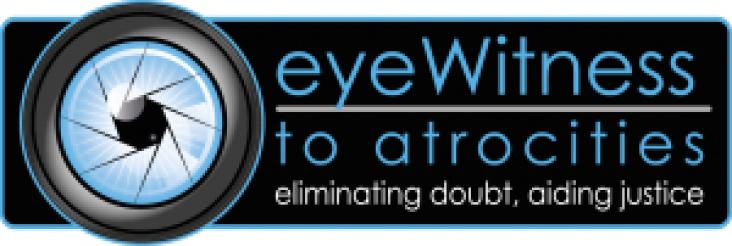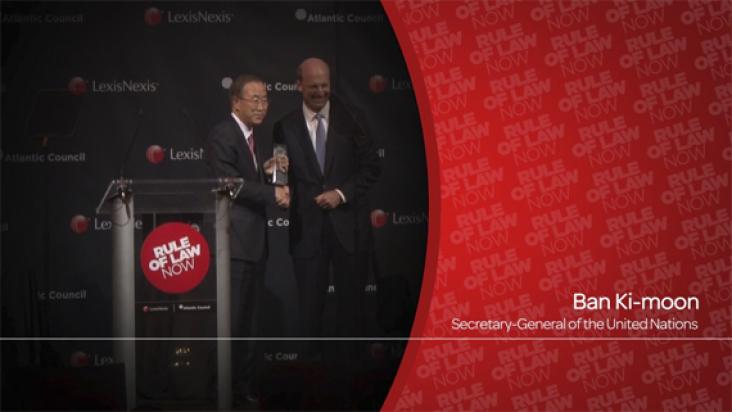A responsible supply chain, and eliminating corruption in the supply chain, are important elements of goals 10 and 16. This report, updated in 2016, outlines common supply chain corruption scenarios and provides a framework and set of tools for addressing them.
In March 2015 the Modern Slavery Act became law and its effect on UK businesses will be significant. The first of its kind in Europe, and one of the first in the world, the Act specifically addresses slavery and human trafficking in the 21st century, and is one of the most important pieces of legislation for supply chain due diligence. The Act will directly contribute to advancing the SDG target 8.7 to eradicate forced labour, end modern salvery and human trafficking by 2025.

Three billion cups of tea are drunk each day; it's the world's second most popular drink after water. Yet tea workers are often targeted by human traffickers and coerced into forced labour, domestic servitude and in some cases the sex industry. This report looks at the tea industry in Kenya, Sri Lanka and India to highlight supply chain issues and working conditions, to contribute to the advancement of SDG target 8.7 to eradicate forced labour, end modern slavery and human trafficking by 2025.
Partner content
United Nations UniversityUnited Nations University, November 2015.
Contributing to SDGs 16 (Peace, Justice and Strong Institutions) and 17 (Partnerships for the Goals), this policy report explores collaboration opportunities between penal policy, public health, development and human rights in preparation to discuss at the 2016 United Nations General Assembly on the World Drug Problem.
Partner content
United Nations UniversityUnited Nations University, October 2015.
Contributing to SDG 16 (Peace, Justice and Strong Institutions), this paper provides an introduction to the challenges of effective security intervention impact assessment.
LexisNexis Legal & Professional,
the International Bar Association with support from LexisNexis Legal & Professional, June 2015

LexisNexis Legal & Professional partnered with the International Bar Association to launch eyeWitness to Atrocities, an Android mobile phone app that allows users to report human rights atrocities. The free app enables citizens to contribute to bringing perpetrators to account for crimes against humanity and therefore contributes directly towards the advancement of SDG target 16.3 to promote the rule of law at the national and international levels and ensure equal access to justice for all.

The Business for the Rule of Law Framework (B4RoL) was launched by the UN GC in June 2015, building on the work started by LexisNexis Legal & Professional and the Atlantic Council in 2013. The B4RoL Framework is a call to action and guide for businesses around the world in taking proactive, voluntary actions to support the rule of law in everyday operations and relationships. Engaging business in the rule of law is critical to SDG 16.3 to promote the rule of law at the national and international levels and SDG 17 Partnerships for the goals.
To advance goal 16 the UNGC have developed a Business for the Rule of Law Framework. These reports document the consultations held around the world to inform this framework.
Linking to Goal 16, this report provides guidance on how to initiate and implement anti-corruption collective action initiatives while showcasing various examples from collective action projects worldwide.
This report seeks to advance the discussion on how the private sector can make positive contributions to peace in conflict-affected and high-risk areas around the world and, as a result, help to realise of Goal 16.
